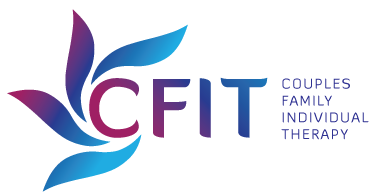Group Therapy Benefits
/Irvin Yalom is considered one of the field’s greatest experts about group therapy. His research indicated that group members learn more about the meaning of their behavioral choices which leads to “discovering and accepting previously unknown or unacceptable parts of myself.” The discovery process fosters other positive outcomes such as reinforcing the ability to care for oneself and other persons, to relate closely to others and to experience compassion.
The principles can be applied to self-help groups. Recovering alcoholics and drug addicts gain insight both about the consequences of their addiction and gain strength from living out principles of recovery that keep them not only sober but happy. Bereavement group members address the depths of pain associated with the death of a loved one and find strength from the healing power of connecting with others who have experienced similar losses. Abuse survivors recognize the critical nature of ceasing the patterns of self-blame and focusing on creating and enhancing the supportive positive relationships in the present day.
During my career, I have been fortunate to witness incredible change for some of the following clients who have utilized group therapy to make significant changes in their lives:
- The NFL lineman confronted by an elderly female about how his marijuana dependence destroyed his career and why he needed to get clean.
- The partnered man considering an affair confronted by a peer about how his poor body image was creating the “rationalization” for cheating and rather than recognizing he was violating his ethics and fidelity.
- The childhood sexual abuse survivor who created a strategy for gaining support from his siblings prior to confronting his parent who had been the perpetrator
- The gay man rejected many years ago in a church setting for his sexual orientation who received peer support to locate an affirming place of worship for the first time in more than a decade where he could be open about his sexual orientation
- The female survivor of childhood sexual abuse who learned to trust her fiancé in establishing the first primary mutual sexual relationship in her lifetime
- The HIV positive man, newly single, learning about how to communicate his status with the HIV negative man he was dating prior to their first weekend away.
Group modality creates an environment where self-disclosure and peer feedback provides the catalyst for significant change. As the facilitator, my role is to create the “therapeutic” setting that fosters an environment of compassion and trust resulting with each of the group members sharing their personal concerns and confirming insights about personal behavior changes designed to result in emotional well-being.

